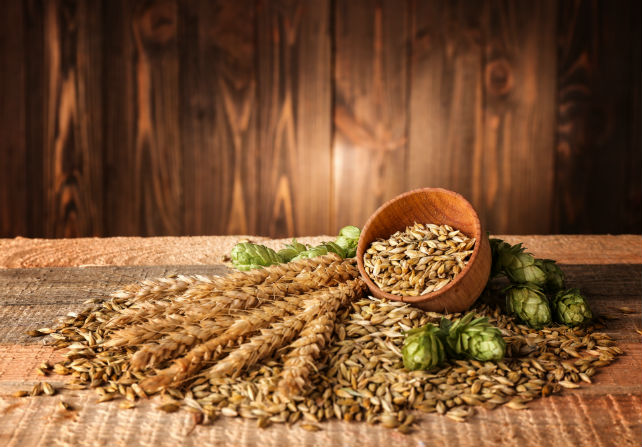Cheese, bread, wine and of course beer are products of fermentation. How did yeast become a central part of human life?
Fermentation means ‘to boil’ (from the Latin verb ’fervere’). According to smart books like Encyclopedia Britannica, fermentation is the chemical process by which molecules such as glucose are broken down anaerobically. True but a bit boring, right?
However, the final products of fermentation are anything but boring. They are actually some of the tastiest things us humans can indulge in - bread, cheese, kimchi, wine, beer, just to name a few. The first fermentation probably happened by pure accident - wild yeast landed at the right temperature in some food or fruit and started transforming it into something that tasted well.
Fermentation has been around forever but the actual knowledge about it stayed very basic for a long time. Back in the old days, brewing was all about following passed-along processes with little attention given to understanding what was actually happening once the beer was brewed. The Reinheistgebot famously omits yeast, but some previous brewing laws do mention it, and they refer to it as ‘germ’. Thanks to the groundbreaking work of Louis Pasteur we finally began to understand that yeast is responsible for fermentation. This helped us control the process, both in food and drinks production, which led to better products.
An important step forward in brewing science happened in the late 19th century when a pure yeast strain was isolated. Today we understand that beer yeast was mixed with wild yeast which would often make the beer go bad. Obviously, this was something that frustrated brewers for centuries. Once a pure yeast strain was isolated, it helped improve brewing immensely. Thanks to this important scientific moment, the brewers could now control the process and consistently brew good beer


